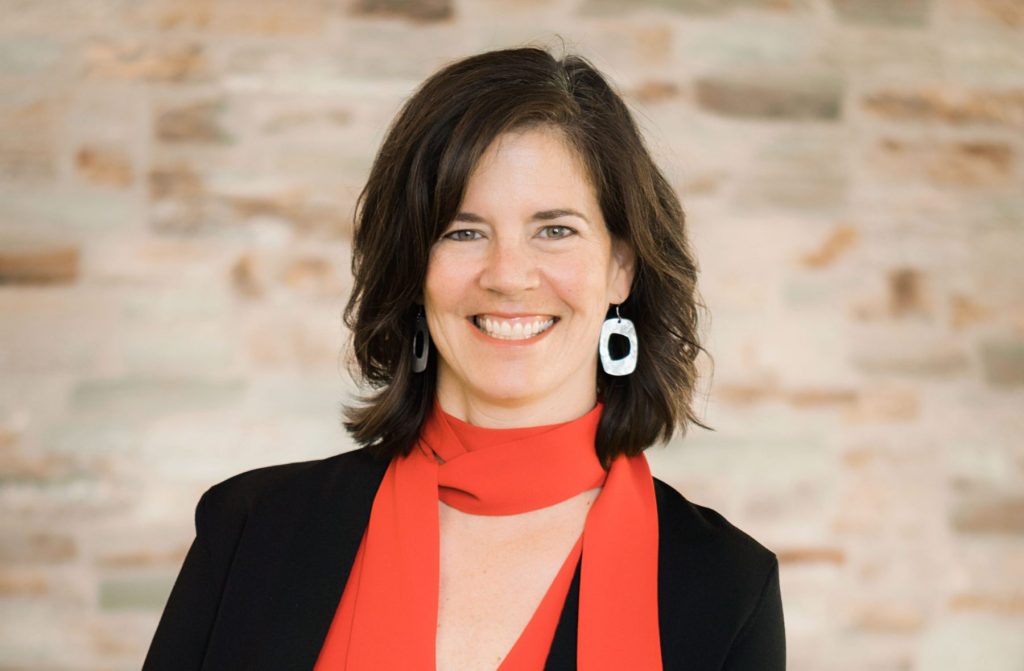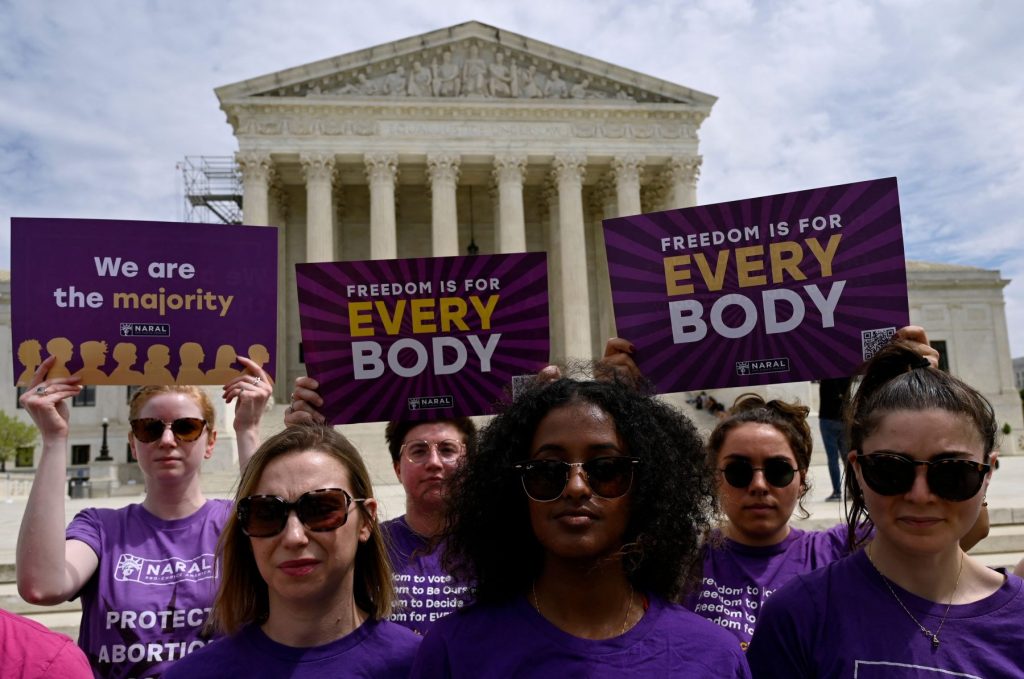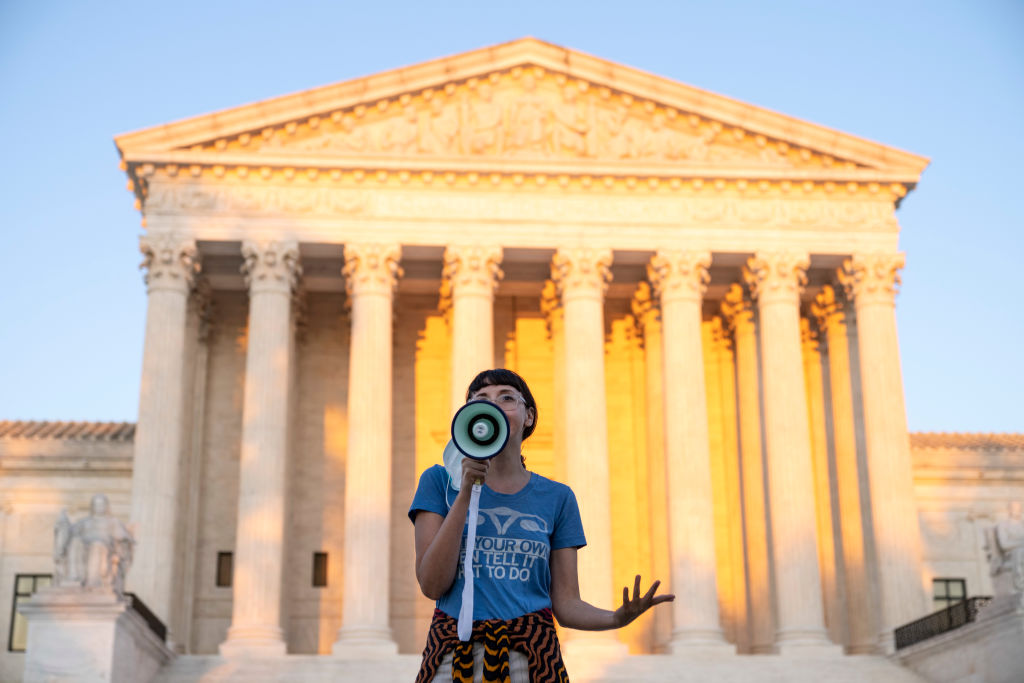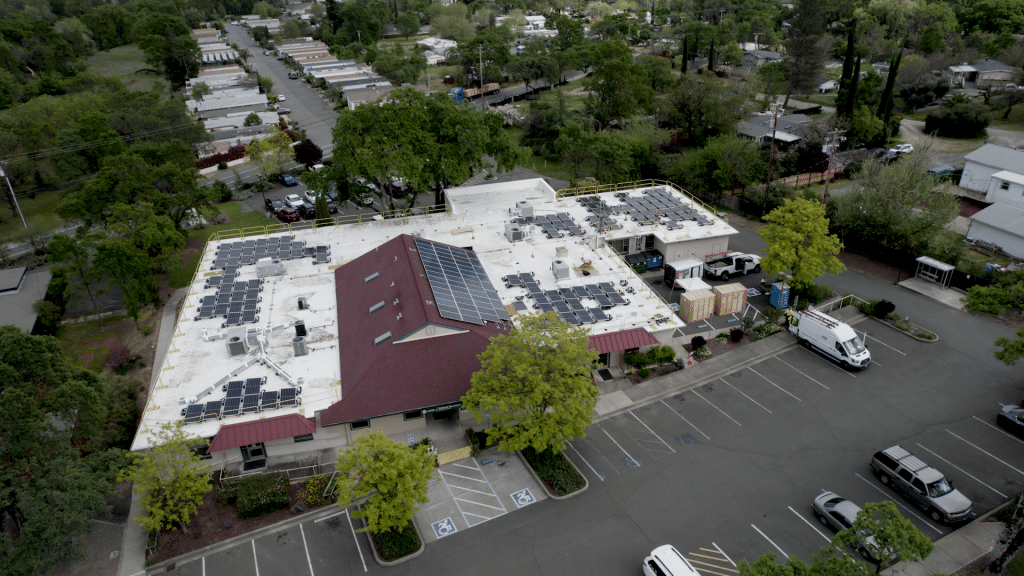The U.S. Supreme Court’s decision to dismantle Roe v. Wade reversed decades of progress toward gender equity, reproductive health, and abortion care. We are witnessing the devastating impacts of curbing people’s right to make deeply personal decisions. The result has been a confusing patchwork of laws across the U.S. where some people must travel to another state or country to access care while forcing others to continue their pregnancies, including medically dangerous ones.
The David and Lucile Packard Foundation’s commitment to reproductive health and rights predates Roe v. Wade and remains unfaltering. Over the last year, we reassessed how our resources could be best used to protect and expand access to abortion and contraception for as many people as possible while mitigating the impact of abortion bans.
Moving forward, our grantmaking will focus on two urgent priorities: support for state-level efforts to preserve reproductive health and rights, including in Louisiana and Mississippi, and investments in innovations to expand access to abortion and contraceptive services.
Supporting Timely Opportunities State by State
In every part of the country, poll after poll shows that most Americans believe that individuals – not the government – should have the right to make their own health care decisions. Since the Supreme Court overturned Roe, voters from California to Kansas, from Montana to Michigan, have reiterated this fundamental belief at the ballot box.
In the years to come, the action – and opportunity – to protect, regain, and expand access to abortion and contraception will be in the states. As a result, the largest portion of our funding will go toward immediate opportunities where timely state-level support can make a significant difference for millions of people. Through these short-term investments, we hope to maintain abortion and contraceptive access in as many places as possible while simultaneously laying the groundwork for longer term change.
Support for People in Louisiana and Mississippi
As part of our state-based strategy, we will continue our decade long investments in reproductive health and justice organizations in Louisiana and Mississippi. Grantee partners in these states have repeatedly demonstrated passion, creativity, and resilience in fighting for reproductive freedom.
Since the overturn of Roe, the stakes got even higher; both states implemented near total bans on abortion. For people in Louisiana and Mississippi, the closest abortion clinic is in Carbondale, Illinois, which is more than 600 miles from New Orleans and 400 miles from Jackson. The impact of these bans falls heaviest on pregnant people who are struggling to make ends meet and who are Black, indigenous, and other people of color.
Considering the changed landscape in both states, we will support lawful access to out-of-state abortion care and legal support for people criminalized for accessing care. We also will fund opportunities to expand access to quality contraceptive care, ensuring that more people have access to and can afford their preferred method of choice to prevent pregnancy.
Recognizing that access to abortion and contraception are only part of the journey toward a just society, the Foundation is aligning funding in Louisiana and Mississippi on racial justice, maternal health, and other issues.
Innovation in Accessibility, Products, and Services
In addition to our work in the states, we will also build on our long track record of investments in mission-driven reproductive health companies and initiatives to advance safe, affordable contraceptives and medication abortion that have the potential for outsized impact on millions of people’s lives.
In the 1990s, the Foundation helped bring the first branded abortion medication, mifepristone, to the U.S. market and played a major role to bring Plan B, the first emergency contraceptive, to market. More recently, we invested in a mission-driven pharmaceutical startup to bring a generic version of mifepristone to the market, helping to stabilize supply and reduce the cost to providers. We also gave a $12 million grant to #FreeThePill which resulted in the Food and Drug Administration’s approval of the first-ever, over-the-counter birth control pill, which may be critical option for people who are uninsured, who live in rural places, or do not have easy access to a health care provider, transportation, or childcare.
We will prioritize a combination of grants and mission investments to spur the development and introduction of reproductive health services and methods that bring down cost, increase availability, and reduce other barriers identified by people who have had less access to quality reproductive health services. By supporting innovations like these, we hope to drive enduring change for people seeking quality reproductive health services.
Beyond our work on state-level efforts to protect and expand access and product and service innovation, the Packard Foundation is a founding member and lead funder of the Collaborative for Gender + Reproductive Equity (CGRE), an active learning community of individual donors and foundations uniting to advance gender, reproductive, and racial equity. Represented on the CGRE advisory committee by President Nancy Lindborg, the Foundation contributes both financial support and input to the Collaborative’s strategic direction.
We continue to imagine a future where every individual can make these critical decisions and has access to quality reproductive health services, including abortion care. Securing this future will take persistence, partnership, and resources. Together with our grantee partners and funding partners, we will act with urgency and explore new approaches in our collective commitment to make generational progress, and to build inclusive, just societies where everyone can thrive.











